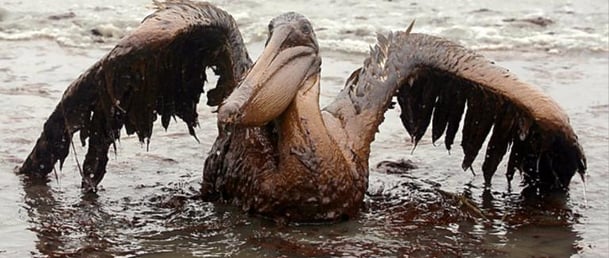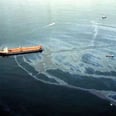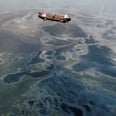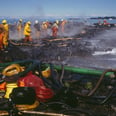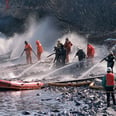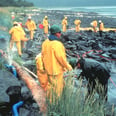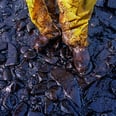On March 24, 1989, the world witnessed one of the most catastrophic environmental disasters in history when the supertanker Exxon Valdez ran aground in Alaska's Prince William Sound. This incident led to the massive spillage of approximately 11 million gallons of crude oil, forever altering the local ecosystems and the lives of myriad marine species.
The aftermath of the Exxon Valdez oil spill was nothing short of devastating. The slick of crude oil spread over an extensive area, impacting the pristine waters and diverse wildlife of Prince William Sound. Among the hardest hit were local fish populations, including salmon and herring, whose reproductive cycles were disrupted, tragically diminishing their numbers. Additionally, seabirds and marine mammals faced dire consequences, with thousands succumbing to the toxic effects of the oil.
The environmental impact of the Exxon Valdez oil spill continued to unfold long after the initial response efforts. Studies revealed that the repercussions of the spill persisted for years, with lingering oil residues causing chronic health issues for wildlife. The delicate balance of the marine ecosystem in Prince William Sound was severely disrupted, leading to long-term declines in populations of certain species. Recovery efforts have been ongoing since the disaster, but the harm done to the area's biodiversity is a stark reminder of the risks posed by such industrial activities.
The Exxon Valdez oil spill galvanized both public opinion and regulatory actions aimed at preventing similar disasters in the future. The event highlighted the need for stricter safety regulations for oil transport and drilling operations. In response to this catastrophe, the U.S. government implemented the Oil Pollution Act of 1990, which mandated improved spill response protocols and increased penalties for companies responsible for oil spills.
The Exxon Valdez oil spill remains a poignant example of the fragility of marine ecosystems and the catastrophic effects of human error. As society continues to harness the power of fossil fuels, it is crucial to reflect on the lessons learned from this disaster. Protecting our oceans requires a collective commitment to safety and environmental stewardship, ensuring that we do not repeat the mistakes of the past.

